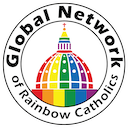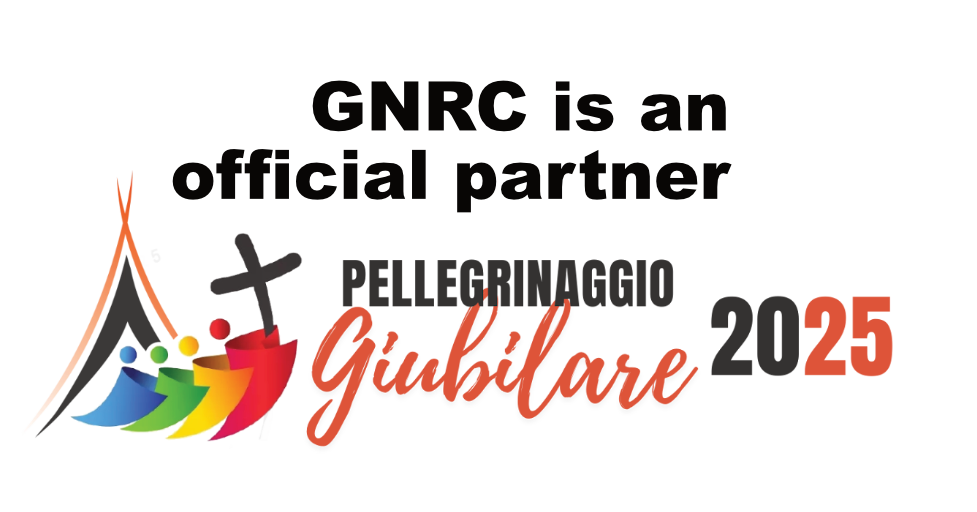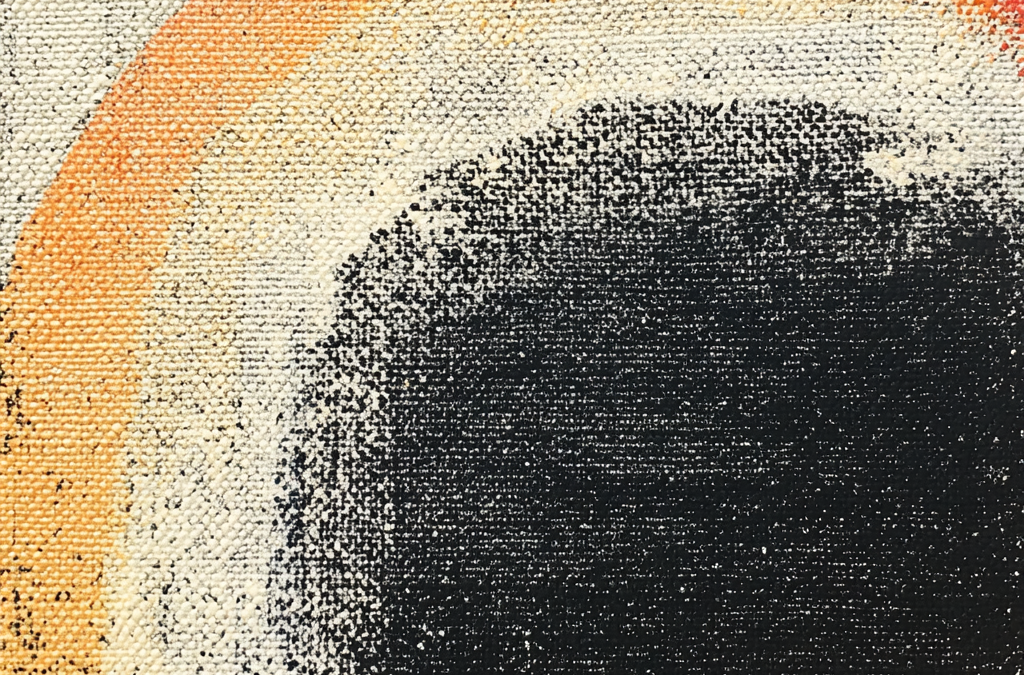China, Christianity, and LGBTQ+ Issues: What’s Happening Now
China continues to restrict LGBTQ+ expression. In January 2025, authorities arrested ten writers of gay fanfiction under anti-pornography laws. The writers, mostly from Anhui province, received sentences between one and five years. This follows years of shutdowns targeting LGBTQ+ online spaces, advocacy groups, and social media accounts. The government presents these actions as enforcement of existing laws, but they eliminate platforms where LGBTQ+ people can connect and find community. (them.us)
Jin Xing, a transgender dancer and TV host, saw multiple performances canceled in late 2024. Local authorities in Guangzhou, Foshan, Suzhou, and Shanghai cited administrative reasons. No official explanation linked the cancellations to her identity, but they come amid broader censorship of LGBTQ+ figures in public life. Jin’s career has been possible only because she has avoided activism and framed her identity within the boundaries of government-accepted narratives. (news.com.au)
Christian communities in China exist under strict government oversight. The “Sinicization” policy requires churches to align with national ideology. LGBTQ+ topics remain largely unspoken. Unlike in other regions, where internal church debates on LGBTQ+ inclusion are ongoing, in China, these discussions happen mostly in private, if at all. The risk of crossing state-imposed red lines limits what religious leaders can say. For LGBTQ+ Christians, this creates a difficult reality—belonging to both a faith tradition and an identity that cannot be openly acknowledged. (pewresearch.org)
Silence does not mean absence. LGBTQ+ people exist in faith communities in China as they do everywhere. Whether they are acknowledged or not, they navigate the tension between identity, belief, and a system that does not allow space for both. They are not unique in this—many religious groups in different parts of the world impose similar silences. What makes the situation in China different is that the silence is not only theological or cultural but enforced by law.
For those who want to talk about faith and LGBTQ+ issues without restrictions, the Global Network of Rainbow Catholics (GNRC) Assembly will take place in Madrid from August 21 to 25, 2025. It’s a space to meet, share perspectives, and work toward inclusion in Christian communities.
www.rainbowcatholics.org/assembly2025
Participation is open to anyone interested.
GNRC Media team: Alessandro Ludovico Previti


